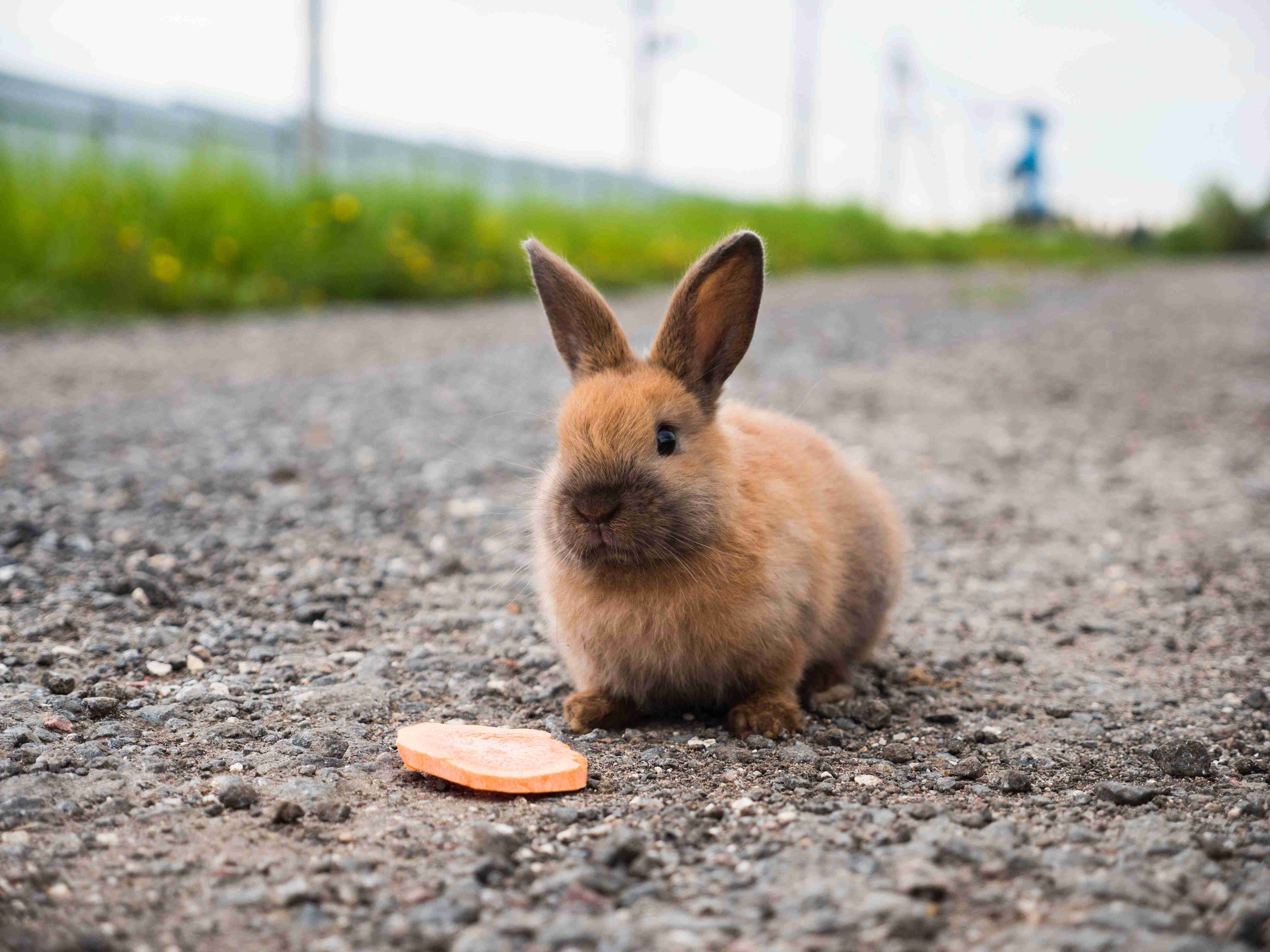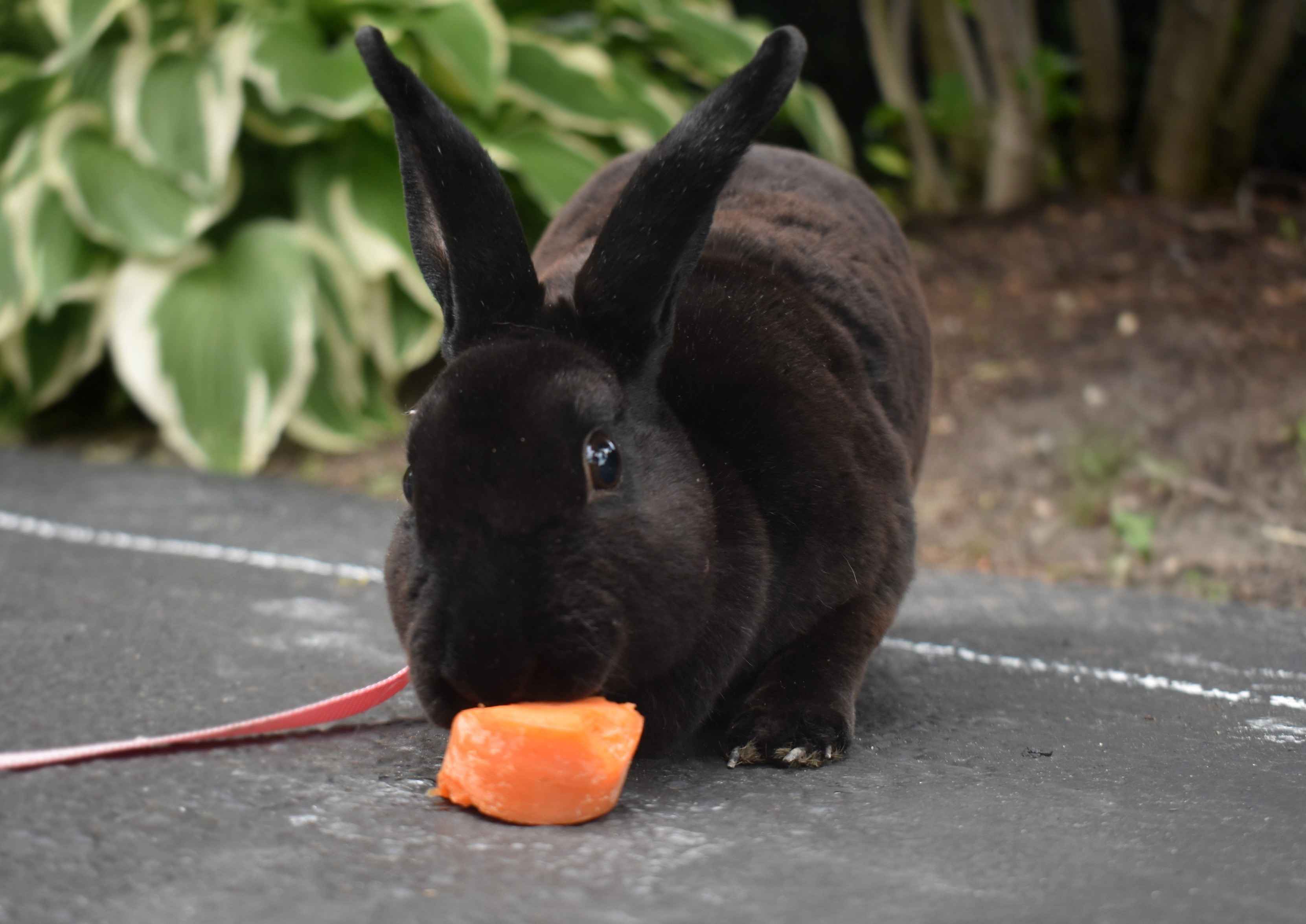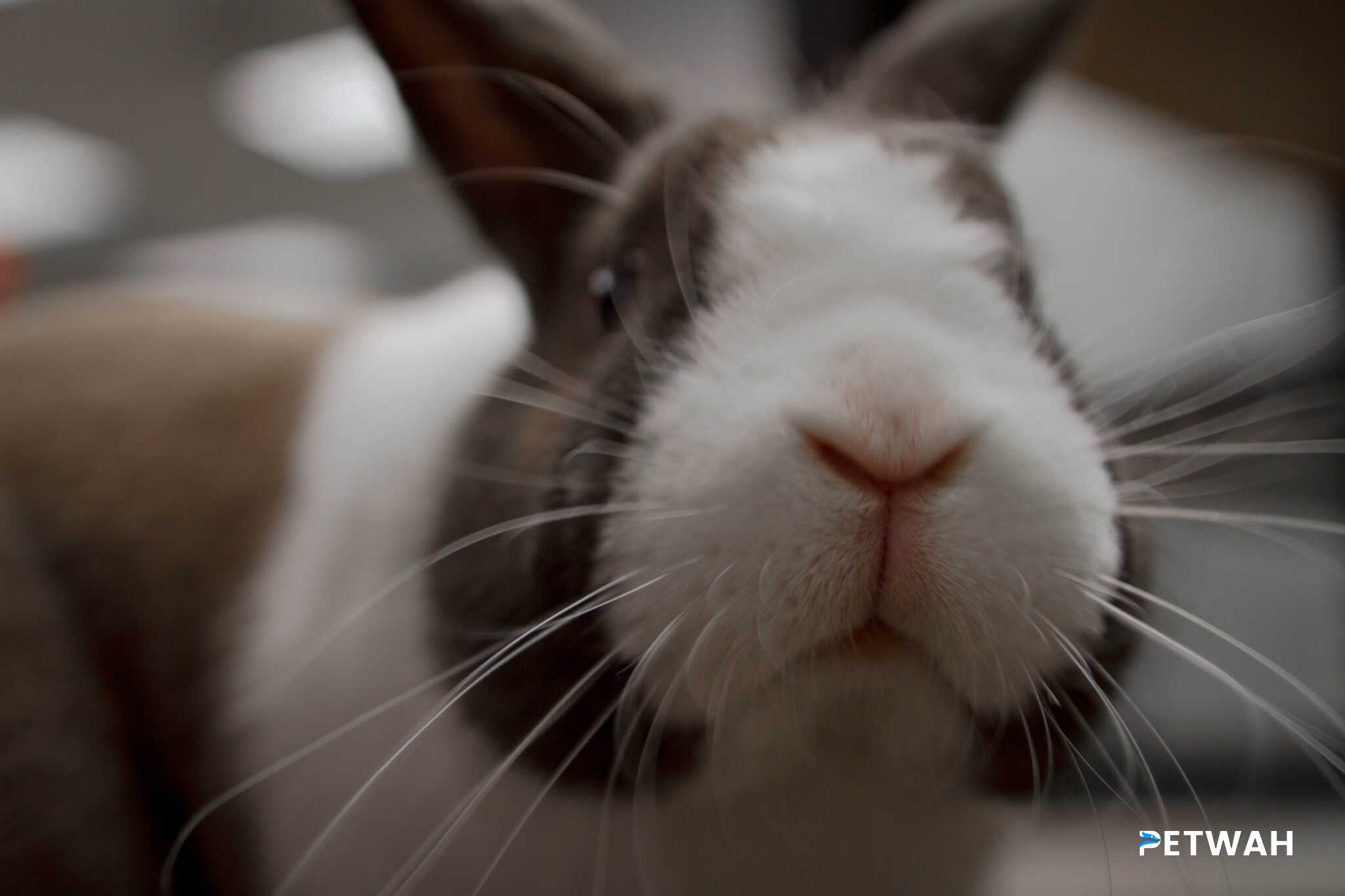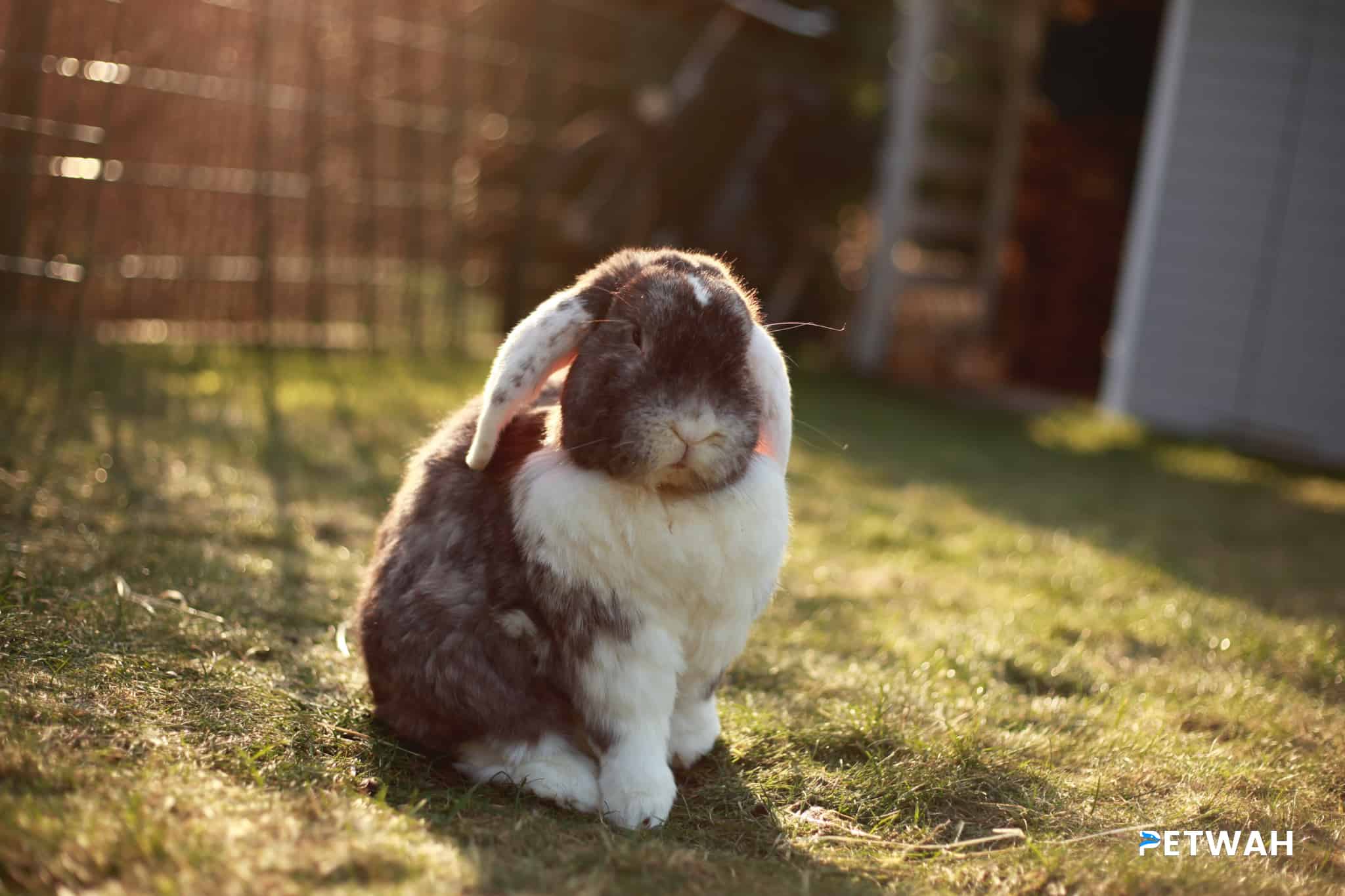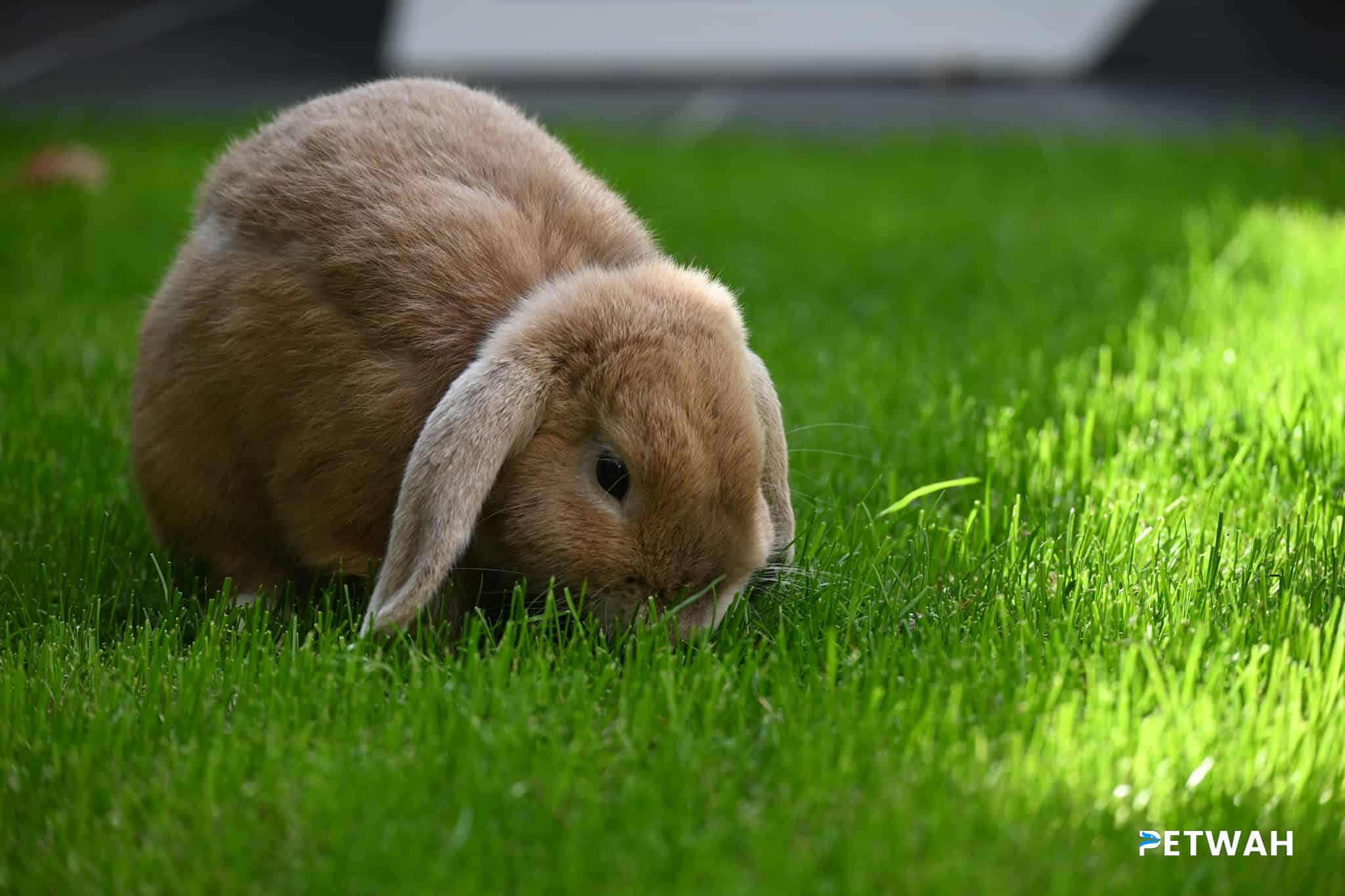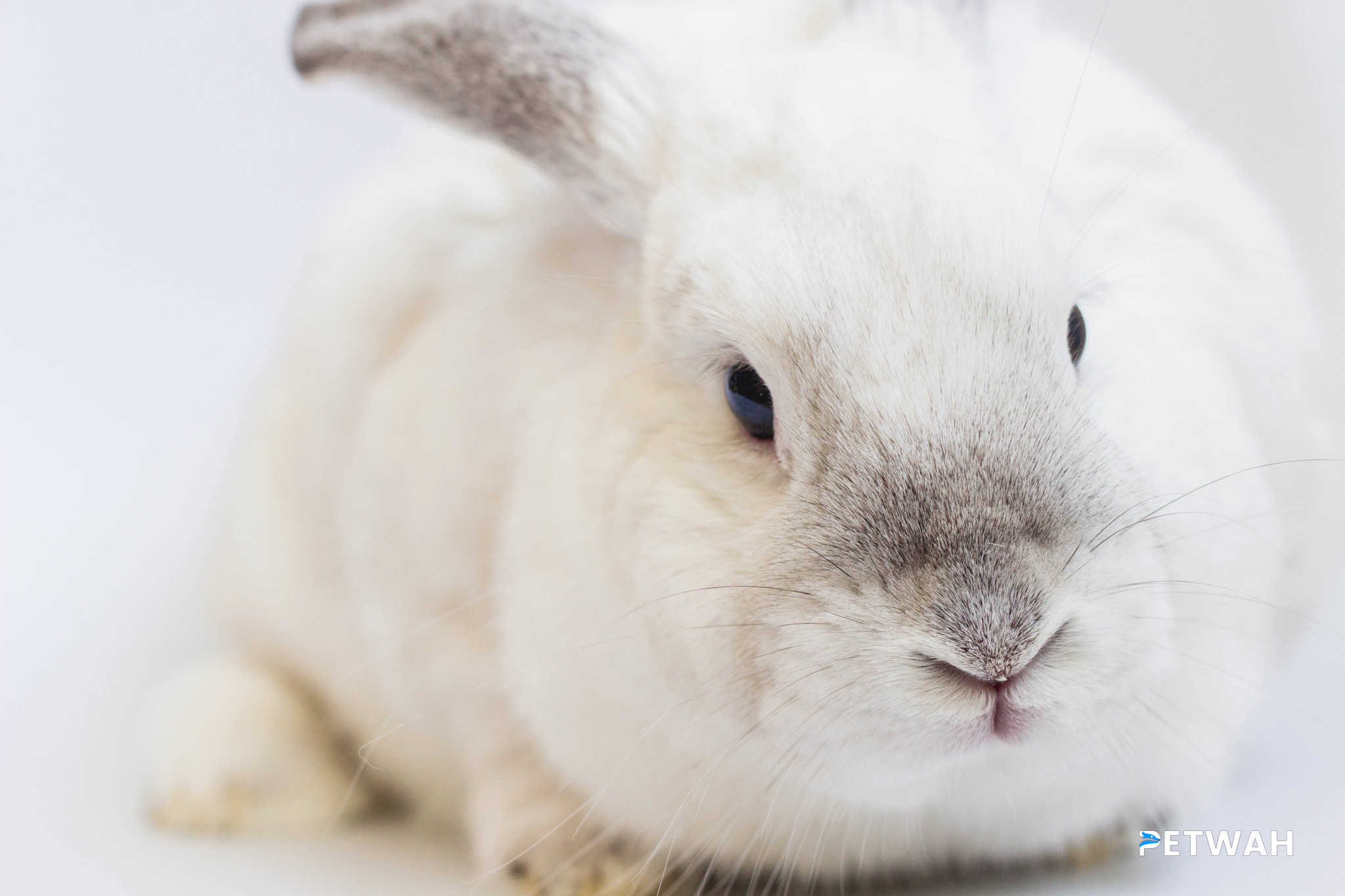Rabbits are adorable and fluffy creatures that make excellent pets. They are known for their love of carrots and other vegetables, but did you know that feeding your rabbit a diet that is too high in carbohydrates can be dangerous? While rabbits do need a certain amount of carbohydrates in their diet, an excess of carbs can lead to a host of health problems. In this blog post, we’ll explore the potential risks of feeding your rabbit a diet that is too high in carbohydrates and what you can do to keep your furry friend healthy and happy.
A rabbit’s diet consists mainly of hay, fresh vegetables, fruits, and water. However, some rabbit owners tend to feed their pets with commercial rabbit food, which can be high in carbohydrates. While carbohydrates provide energy, too much of it can lead to health problems in rabbits. Here are some of the potential risks of feeding a rabbit a diet that is too high in carbohydrates:
1. Obesity
Feeding your rabbit a high-carbohydrate diet can make them overweight, which can lead to other health problems such as heart disease, diabetes, and arthritis. Obesity can also affect a rabbit’s mobility, making them less active and less likely to exercise.
2. Gastrointestinal Problems
Rabbits have a sensitive digestive system that requires a diet high in fiber. When a rabbit’s diet is high in carbohydrates, it can affect their digestive system, leading to gastrointestinal problems such as diarrhea, bloating, and even GI stasis. GI stasis is a severe condition that can lead to a rabbit’s death if left untreated.
.jpg)
3. Dental Problems
Rabbits’ teeth never stop growing, which means they need to grind their teeth continually to keep them at a healthy length. A diet that is too high in carbohydrates can lead to dental problems such as overgrown teeth, which can cause pain and difficulty eating.
4. Urinary Tract Problems
Feeding your rabbit a diet that is too high in carbohydrates can affect their urinary tract system, leading to health problems such as bladder stones and urinary tract infections. These conditions can cause severe pain and discomfort for the rabbit and may require surgery to treat.
5. Nutritional Imbalance
Feeding your rabbit a diet that is too high in carbohydrates can lead to a nutritional imbalance, which can affect their overall health. A rabbit’s diet should consist of a balance of fiber, protein, and fats, and too many carbohydrates can disrupt this balance.
Overall, feeding your rabbit a diet that is too high in carbohydrates can lead to several health problems. It is essential to provide your rabbit with a balanced diet that is high in fiber and low in carbohydrates. If you are unsure about what to feed your rabbit, consult with a veterinarian or a rabbit nutritionist to ensure your rabbit is getting the proper nutrition they need to live a healthy and happy life.
In conclusion, your rabbit’s diet plays a crucial role in its overall health and well-being. Feeding your rabbit a diet that is too high in carbohydrates can lead to serious health issues and even shorten its lifespan. It’s important to provide your furry friend with a balanced and nutritious diet that meets its specific needs. By consulting with a veterinarian and closely monitoring your rabbit’s diet, you can help ensure that it stays healthy and happy for years to come. Remember, a healthy rabbit is a happy rabbit!


.jpg)
